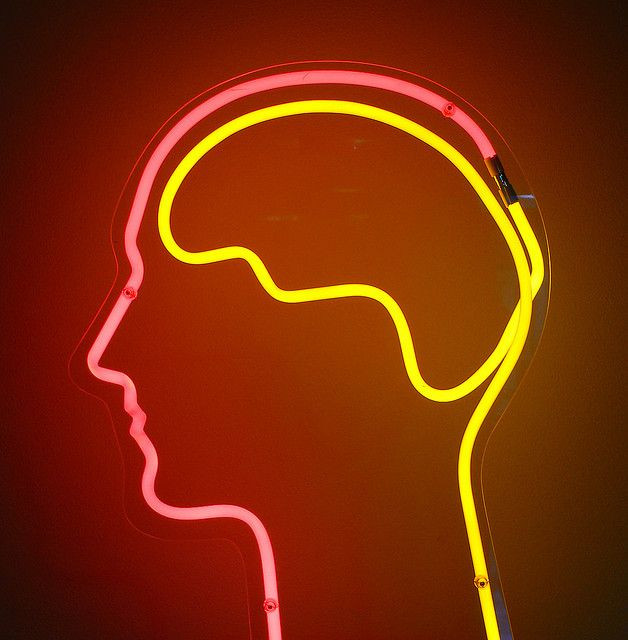Brain Games Will Improve Your Memory, Multitasking Skills But Not Your Intelligence

Brain training programs claim to be the gyms for your brain. By playing games that test you brain’s ability to pay attention and speed, the companies behind the programs say that you can improve cognitive abilities, memory, flexibility, and problem solving. But now, a new study finds that while they may improve some of those qualities, they certainly don’t improve components of intelligence, such as problem solving or reasoning skills.
“It is hard to spend any time on the web and not see an ad for a website that promises to train your brain, fix your attention, and increase your IQ,” Randall Engle, of the Georgia Institute of Technology, and lead researcher of the study, said in a statement.
Engle and his team of researchers found that although working memory capacity (the ability to quickly retrieve memories) and fluid intelligence (the ability to reason, solve basic problems, and infer relationships) were related, the brain games only improved working memory capacity (WMC) and not fluid intelligence. The idea behind many brain games is that improving WMC will also lead to improved fluid intelligence.
For the study, the researchers paid 55 college students to participate in brain training games for 20 days, and each day their performance improved, they were paid a little extra. The participants were split into three groups, each of which participated in training of varying difficulty. One group participated in complex span tasks, which involved remembering items that they were shown while participating in another task — this has been shown to be an accurate measure of WMC. The second group did simple span tasks, which involved recalling items in the order they were shown, and the third control group participated in a visual search task.
The researchers also performed tests that gauged participants WMC and fluid intelligence before and after the 20-day experimental period. Their results showed that only those who were part of the “complex span tasks” group were able to use their improved WMC on other WMC Tasks. Yet, even though they showed the most improvement, their fluid intelligence remained the same.
So if these games don’t make you smarter, what are they good for then?
“It particularly affects individuals that find themselves trying to do multiple tasks or rapidly switching between complex tasks, such as driving and talking on a cell phone, alternating between conversations with two different people, or cooking and dealing with a crying child,” Tyler Harrison, lead author of the study and graduate student at Georgia Institute, said in the statement.
Previous research also found that these games were good for helping breast cancer survivors who had experienced chemo brain, a mental cloudiness caused by chemotherapy. After 12 weeks of sessions, participants showed significant gains in executive function, word finding, and processing speed. There was also a gradual improvement in verbal memory and a reduction in symptoms of everyday functional problems.
Source: Harrison T, Shipstead Z, Hicks K, et al. Working Memory Training May Increase Working Memory Capacity but Not Fluid Intelligence. Psychological Science. 2013.
Published by Medicaldaily.com



























